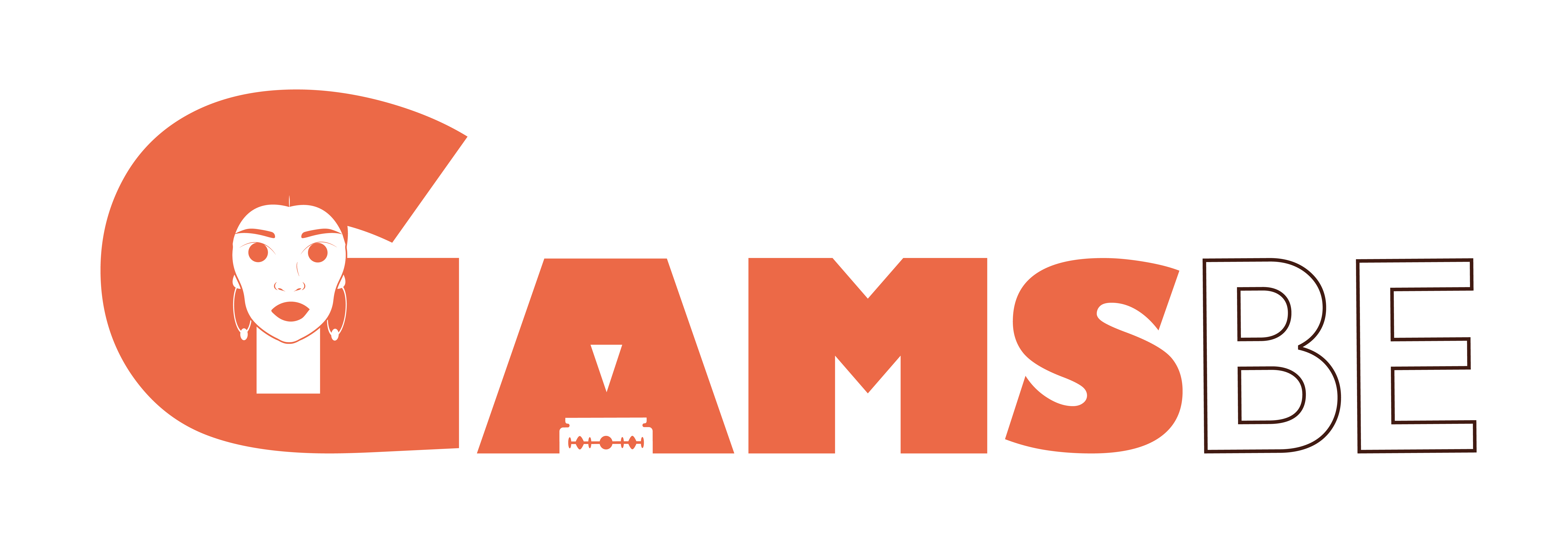What is IGM ?
Intersex genital mutilations
Belgian law does not protect intersex children from non-consensual surgical interventions. Yet, much like female genital mutilation, these interventions are justified by societal norms rather than medical necessity. GAMS Belgium rejects cultural relativism that would condemn FGM, including medicalized forms, while ignoring the human rights of intersex individuals. We support intersex rights organizations in their demand for the Belgian state to recognize the right to bodily integrity of intersex minors.
What is intersex?
Intersex describes a wide range of natural variations in the body. Intersex people are born with sex characteristics that are either:
- Both female and male at the same time;
- Not completely female or male;
- Neither male or female.
Intersex traits can appear at birth, during childhood, adolescence, or even adulthood. Sometimes, the differences may be so subtle that the individual may never be aware of their intersex status.
Variations in sexual characteristics can manifest in many ways:
- A child may be born with a larger clitoris or a smaller penis;
- A child may be born with a typically female appearance but has internal testes;
- A child with a typically male appearance may have a uterus or ovaries;
- A girl may not begin to menstruate or a boy may start menstruating;
- After puberty, a person may exhibit secondary sexual characteristics (breast development, Adam’s apple, muscle mass, fat distribution, etc.) typically associated with the other sex;
These variations are natural and more common than one might think. It is estimated that at least one in two hundred people is intersex. Some sources even suggest that up to 1.7% of the population exhibits variations in sexual characteristics.” (Intersex International – OII).
A harmful practice
When a child is born with a variation in sexual characteristics, parents are asked to choose the sex. In Belgium, they have three months to define it.
Surgical interventions for “sexual normalization” (referred to as intersex genital mutilations, IGM, thereafter), along with hormone treatments and behavioral injunctions according to the assigned sex, may take place. The consequences include often irreversible sex assignment, which can lead to sterility, severe pain, and psychological suffering.
In the majority of cases, these IGMs are not justified by medical necessity. They aim to make the child conform to norms regarding sex and gender. It is assumed that individuals concerned would face social adaptation difficulties without these treatments.
These treatments are often applied very early, including to infants. In such cases, informed consent is not feasible. Additionally, gender identity has not yet been expressed. Let’s not forget that gender identities are diverse and fluid, and therefore not necessarily applicable to sexes.
These normalization practices are illegal, criminally punishable, and contrary to fundamental rights as well as medical ethics.
The belgian state called upon to ban igms
During its 80th session, the United Nations Committee on the Rights of the Child (CRC) questioned the Belgian State about intersexuality and intersex genital mutilations (IGMs), under the category of “Harmful Practices,” alongside FGM and forced marriages. The CRC observed that Belgian intersex children are subjected to medically unjustified procedures. It calls on Belgium to ban any medical treatment or surgery “when these procedures can be postponed without risk to their health until the children are able to give their informed consent.”
Representatives of intersex people, such as the Intersex International Organization, Genres Pluriels or Intersex Belgium, support the CRC’s request.
Complete Bibliography
- Committee on the Rights of the Child, Concluding observations on the combined fifth and sixth reports of Belgium. Nations Unies. 2019.
- EHRENREICH, N. and BARR, M., Intersex Surgery, Female Genital Cutting, and the Selective Condemnation of ‘Cultural Practices’. Harvard Civil Rights-Civil Liberties Law Review. 2005
- European Union Agency for Fundamental Rights, The Fundamental Rights Situation of Intersex People.FRA FOCUS. 2015, consulté le 10/10/2016.
- Genre Pluriels et Intersexe Belgium, «Proposition de résolution visant à adapter la législation belge et à encadrer la pratique médicale afin de garantir les droits fondamentaux des personnes intersexes ». 2019.
- GUTERMAN L. Why Are Doctors Still Performing Genital Surgery on Infants? [blogpost]. Open Society Foundation. 2012, consulté le 10/10/2016.
- ILGA Europe and OII Europe, Protecting Intersex People In Europe: A Toolkit For Law And Policymakers. 2018, consulté le 20/10/2019.
- OII Europe, Parents toolkit : Soutenir son enfant intersexe. 2018.
- STEINFELD, R., & EARP, B. D., How different are male, female, and intersex genital cutting?The Conversation. 2017.
- SVOBODA, J. S. Promoting genital autonomy by exploring commonalities between male, female, intersex, and cosmetic female genital cutting. Global Discourse, 3(2), 237-255. 2013.
- TOUNKARA, M-L. « Légiférer l’intersexualité en Belgique : un défi pour notre société». Mémoire Master en Droit, UCL.
WILSON, G., (n.d). Organisation Intersex International (OII) Australie. Consulté le 10/10/2016.
